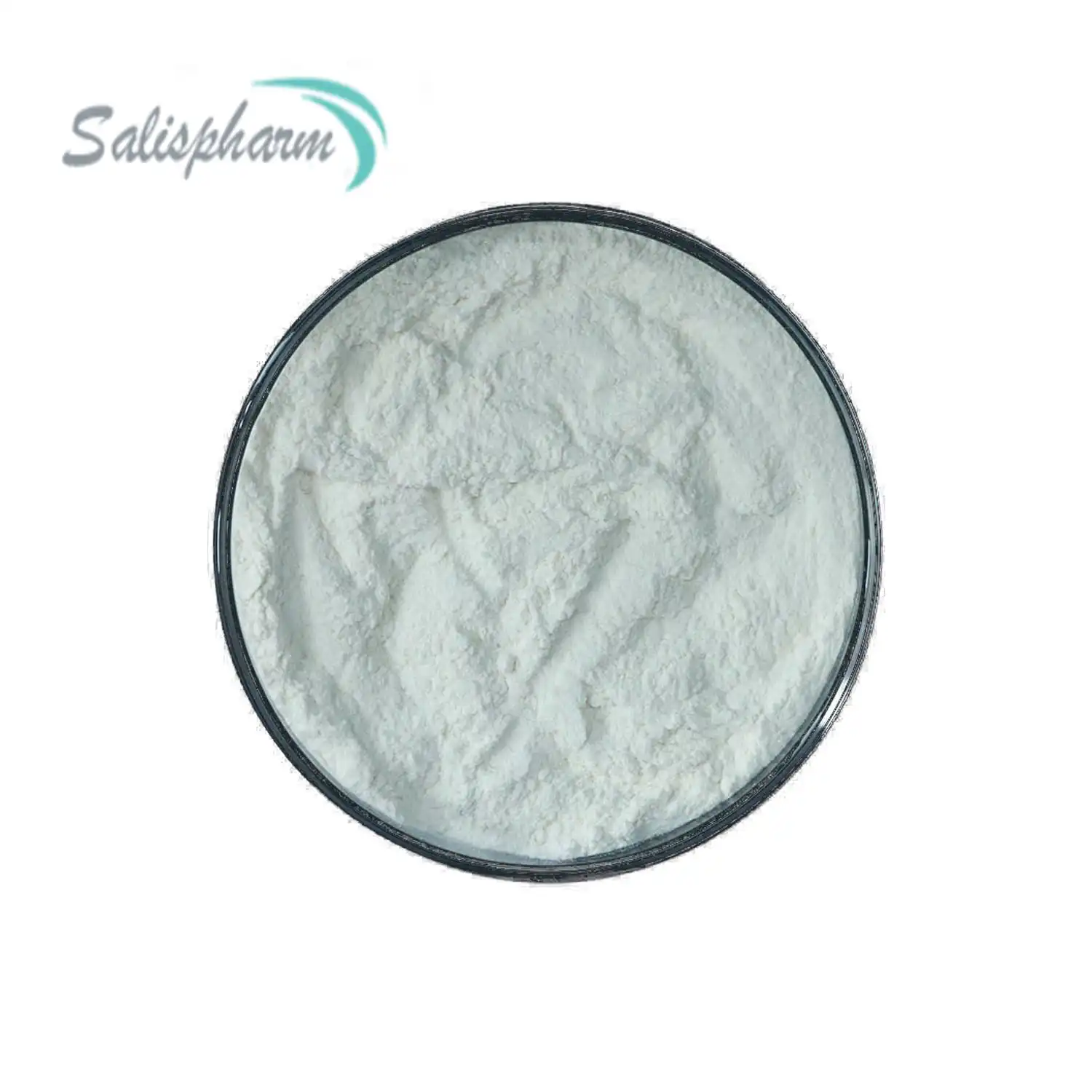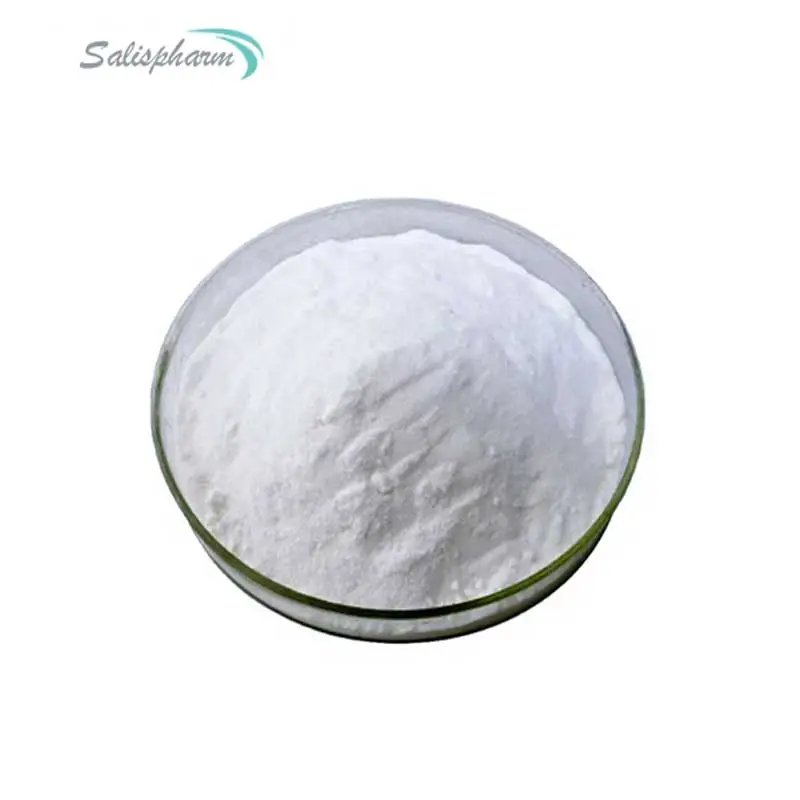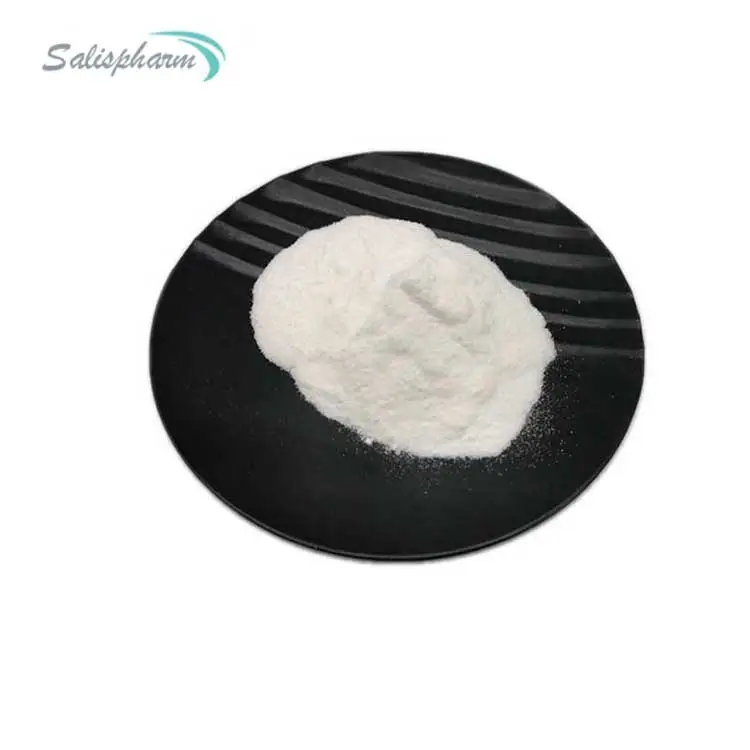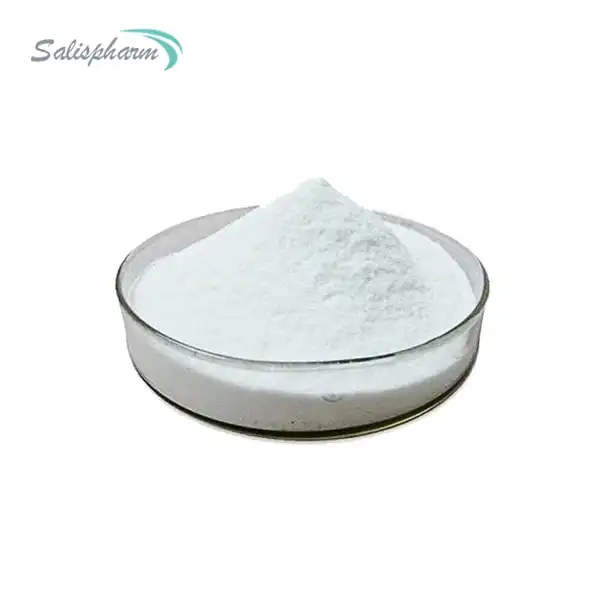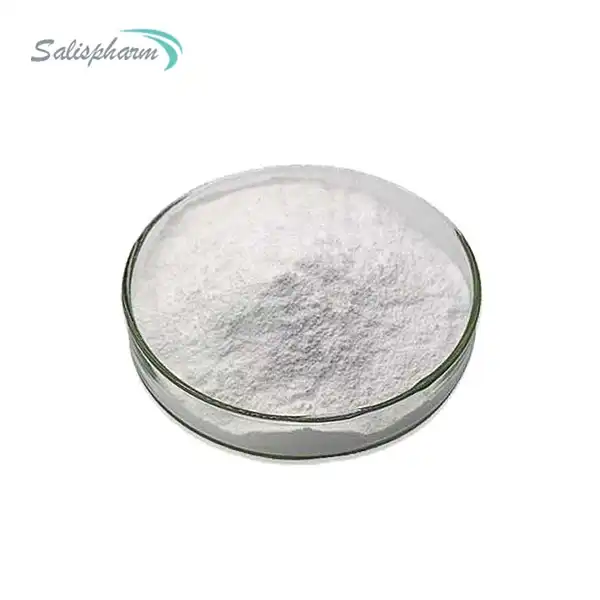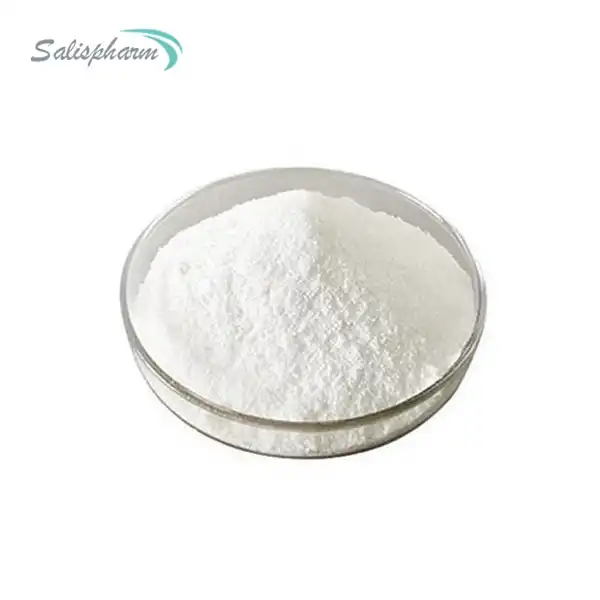Hydrochlorothiazide, commonly known as HCTZ, is a widely prescribed diuretic medication used to treat high blood pressure and fluid retention. As with any medication, concerns about its potential side effects, particularly on vital organs like the kidneys, are valid and deserve careful consideration. This blog post aims to explore the relationship between hydrochlorothiazide powder and kidney health, addressing common questions and concerns based on current medical knowledge and research.
How does hydrochlorothiazide affect kidney function?
Hydrochlorothiazide primarily works by affecting the kidneys' ability to handle salt and water. It acts on the distal convoluted tubules of the nephrons, the functional units of the kidneys, to inhibit the reabsorption of sodium and chloride ions. This action leads to increased excretion of these electrolytes along with water, resulting in reduced blood volume and, consequently, lower blood pressure.
While this mechanism of action is generally beneficial for managing hypertension and edema, it's essential to understand how it impacts overall kidney function. Under normal circumstances, Hydrochlorothiazide Powder doesn't directly harm the kidneys. In fact, it can be protective in some ways by helping to control blood pressure, which is crucial for maintaining kidney health in the long term.
However, the drug's effects on electrolyte balance and fluid volume can indirectly influence kidney function. For instance, HCTZ can lead to a slight decrease in the glomerular filtration rate (GFR), a key indicator of kidney function. This reduction is usually mild and reversible, occurring as a natural response to the decreased blood volume and is not typically considered harmful.
Moreover, hydrochlorothiazide can affect the kidneys' ability to concentrate urine, potentially leading to increased urine output. This effect is generally desired in treating conditions like hypertension and heart failure but requires careful monitoring, especially in patients prone to dehydration or those with pre-existing kidney issues.
It's worth noting that while hydrochlorothiazide affects kidney function as part of its therapeutic action, it's not inherently toxic to the kidneys when used as prescribed. The key lies in appropriate dosing, regular monitoring, and considering individual patient factors such as age, overall health, and the presence of other medical conditions.
What are the long-term side effects of hydrochlorothiazide on the kidneys?
The long-term use of Hydrochlorothiazide Powder has been a subject of ongoing research and clinical observation. While the medication is generally considered safe for extended use, there are potential long-term effects on the kidneys that warrant attention.
One of the primary concerns with long-term HCTZ use is its impact on electrolyte balance. Prolonged therapy can lead to hypokalemia (low potassium levels) and hyponatremia (low sodium levels). These electrolyte imbalances, if severe or persistent, can indirectly affect kidney function. For instance, chronic hypokalemia may contribute to the development of metabolic alkalosis and can potentially increase the risk of kidney stone formation.
Another long-term consideration is the drug's effect on uric acid levels. Hydrochlorothiazide can increase serum uric acid concentrations, which, over time, may contribute to the formation of kidney stones or exacerbate gout in susceptible individuals. While this doesn't directly damage the kidneys, it can lead to complications that affect kidney health.
Some studies have suggested a potential link between long-term thiazide diuretic use and a slightly increased risk of new-onset diabetes. While the mechanism isn't fully understood, it's thought that changes in electrolyte balance and insulin sensitivity might play a role. Diabetes, in turn, is a significant risk factor for kidney disease, making this a relevant consideration for long-term kidney health in patients using HCTZ.
It's also important to note that long-term use of hydrochlorothiazide may mask underlying kidney problems. By altering the kidney's ability to concentrate urine, HCTZ can sometimes obscure early signs of declining kidney function, potentially delaying diagnosis and treatment of other kidney issues.
Despite these potential long-term effects, it's crucial to emphasize that for many patients, the benefits of hydrochlorothiazide in controlling blood pressure and reducing cardiovascular risk outweigh these potential risks. The key to mitigating long-term side effects lies in regular monitoring, including periodic assessment of kidney function, electrolyte levels, and metabolic parameters.
Can hydrochlorothiazide cause acute kidney injury?
While Hydrochlorothiazide Powder is generally well-tolerated, there are circumstances under which it could potentially contribute to acute kidney injury (AKI). It's important to understand these scenarios to ensure safe use of the medication and prompt recognition of any adverse effects.
One of the primary ways hydrochlorothiazide could lead to AKI is through its diuretic effect, particularly in situations where a patient becomes severely dehydrated. This risk is heightened in elderly patients, those with pre-existing kidney problems, or during periods of acute illness, especially those involving vomiting, diarrhea, or excessive sweating. The reduced blood volume resulting from dehydration, compounded by the diuretic effect of HCTZ, can lead to a significant decrease in kidney perfusion, potentially causing acute kidney injury.
Another mechanism by which hydrochlorothiazide might contribute to AKI is through its effects on electrolyte balance. Severe electrolyte disturbances, particularly hyponatremia or hypokalemia, can in rare cases lead to kidney dysfunction. This is more likely to occur in patients who are taking high doses of the medication or those who have other risk factors for electrolyte imbalances.
It's also worth noting that hydrochlorothiazide can occasionally cause an allergic reaction in some individuals. While rare, a severe allergic reaction could potentially lead to acute interstitial nephritis, a form of AKI caused by inflammation in the kidney tissues.
Furthermore, in patients with certain underlying conditions, such as renal artery stenosis or severe heart failure, the use of hydrochlorothiazide could potentially exacerbate reduced kidney perfusion, leading to acute kidney injury. This is why careful patient selection and monitoring are crucial when prescribing this medication.
Despite these potential risks, it's important to emphasize that acute kidney injury directly caused by hydrochlorothiazide is relatively rare when the medication is used appropriately. The risk can be significantly mitigated through proper patient education, regular monitoring, and appropriate dosing.
In conclusion, while hydrochlorothiazide powder is not inherently toxic to the kidneys, its use does require careful consideration of individual patient factors and potential risks. When prescribed appropriately and monitored regularly, the benefits of hydrochlorothiazide in managing hypertension and fluid retention often outweigh the potential risks to kidney health. However, patients and healthcare providers should remain vigilant for any signs of adverse effects, particularly in high-risk individuals or during long-term use. As with any medication, the key to safe and effective use lies in personalized treatment approaches, regular follow-ups, and open communication between patients and their healthcare providers.
If you are also interested in this product and want to know more product details, or want to know about other related products, please feel free to contact iceyqiang@aliyun.com.
References:
1. Reungjui, S., et al. (2008). Thiazide diuretics and the risk of kidney stone formation. Clinical Journal of the American Society of Nephrology, 3(5), 1090-1095.
2. Sica, D. A., et al. (2011). Thiazide and loop diuretics. The Journal of Clinical Hypertension, 13(9), 639-643.
3. Mukete, B. N., & Rosendorff, C. (2013). Effects of low-dose thiazide diuretics on fasting plasma glucose and serum potassium-a meta-analysis. Journal of the American Society of Hypertension, 7(6), 454-466.
4. Lapi, F., et al. (2013). Acute kidney injury associated with the use of thiazide diuretics. European Journal of Internal Medicine, 24(6), 533-540.
5. Barzilay, J. I., et al. (2006). Long-term effects of incident diabetes mellitus on cardiovascular outcomes in people treated for hypertension: the ALLHAT Diabetes Extension Study. Circulation, 114(23), 2545-2551.
6. Verma, S., et al. (2018). Hyponatremia and Thiazides. American Journal of Kidney Diseases, 71(4), 588-590.
7. Scalese, M. J., & Salvatore, D. J. (2017). Hydrochlorothiazide-Induced Acute Interstitial Nephritis. American Journal of Case Reports, 18, 1184-1187.
8. Grossman, E., & Messerli, F. H. (2011). Hypertension and diabetes. Advances in Cardiology, 45, 82-106.
9. Katz, A. I., et al. (1972). On the mechanism of diuretic action of acetazolamide. Journal of Clinical Investigation, 51(5), 1170-1176.
10. Brater, D. C. (1998). Diuretic therapy. New England Journal of Medicine, 339(6), 387-395.



